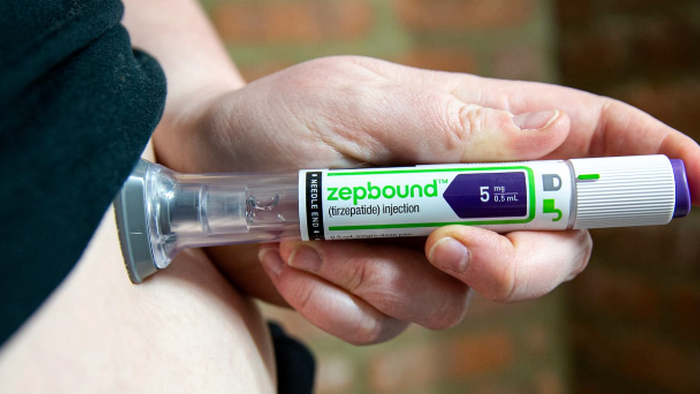This morning, all eyes are on the GLP-1 complex following Eli Lilly & Co.’s announcement of the pricing for its new weight-loss drug, Zepbound, in single-low-dose vials. The drug will be offered at a discount of 50% or more compared to other GLP-1s for obesity. This news has caused companies exposed to GLP-1s to dip in premarket trading in New York, with speculation among Wall Street analysts about the implications of this significant discount.
Eli Lilly & Co. revealed that Zepbound will be priced at $399 for a 2.5 mg single-dose vial (equivalent to $99.75 per vial) for a four-week supply, and $549 for a 5 mg dose ($137.25 per vial). This pricing represents a 50% discount compared to the average cost of Zepbound injection pens, which currently sell for around $1,000 per month.
The availability of these discounted prices is limited to Lilly’s direct-to-consumer platform, LillyDirect, for patients who pay out of pocket for the medication. This move is aimed at providing a more affordable option for patients, especially those without insurance coverage.
In response to the pricing strategy, Lilly shares remained steady in premarket trading, while Novo Nordisk shares saw a 2% decline. Hims & Hers Health, a company offering knockoff GLP-1 weight-loss drugs directly to consumers, experienced a 5% drop in premarket trading.
The initiative to offer Zepbound at reduced prices comes amid pressure from Democrats on Lilly and Novo Nordisk to lower the costs of GLP-1s. Sen. Bernie Sanders criticized the $1,000 monthly price tag for Novo Nordisk’s GLP-1 drug as “absurd” and called for a campaign to address the issue.
Overall, the market response to the discounted pricing of Zepbound reflects the ongoing debate around the affordability of weight-loss medications and the impact on companies operating in this sector.

